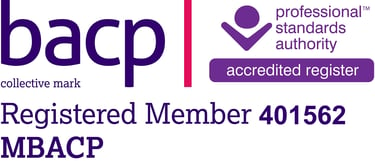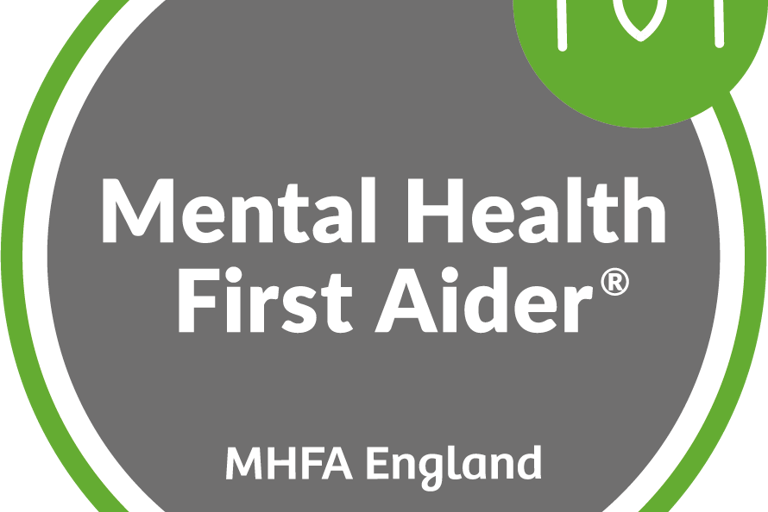Breaking Free: Escaping the Emotional Jail Within
11/13/20242 min read


Understanding the Emotional Jail
Have you ever felt like you were stuck in a rut, unable to express what you truly feel? Virginia Satir, a renowned family therapist, pointed out that many people are living in an emotional jail without recognising it. This isn't just a poetic metaphor; it’s a reality for countless individuals. Often, we lock ourselves away from our true emotions, leading to feelings of isolation, anxiety, and depression. We build these walls, believing they offer us protection, but in reality, they only serve to imprison us.
The Signs You Might Be Imprisoned
Recognising that you might be in an emotional jail isn't always easy. Here are some indicators that can help you identify if you're feeling trapped:
You often feel anxious or overwhelmed but can’t pinpoint why.
Conversations with friends or family feel surface-level and lack depth.
You tend to avoid difficult feelings, brushing them aside instead of confronting them.
You find it hard to express love, gratitude, or even anger, keeping everything bottled up inside.
If any of these sound familiar, it's important to acknowledge these feelings and consider what might be holding you back.
Strategies for Escaping Your Emotional Jail
The good news is that you can break free from this emotional confinement. Here are some actionable strategies to help you dismantle the walls of your emotional jail:
Journaling: One of the simplest yet most effective methods of self-exploration is journaling. Write down your thoughts and feelings without judgment. This exercise can unveil emotions that you've long forgotten or repressed.
Open Up: Talk to someone you trust about your feelings. Whether it’s a friend or a therapist, opening up can act as a key to your confinement. Verbalising your emotions can help you process them better.
Mindfulness and Meditation: Practicing mindfulness allows you to tune into your feelings in the present moment. Meditation can help create a peaceful mind, giving you room to understand your emotions more clearly.
Set Boundaries: Sometimes, we may feel imprisoned by others’ expectations and demands. Learn to say no and prioritise self-care. Setting boundaries is crucial for emotional freedom.
Remember, escaping your emotional jail takes time and effort. Be patient with yourself and recognise that each small step is progress.
In conclusion, as Virginia Satir highlighted, many people live in an emotional jail, often without realising it. Taking the first steps towards awareness and healing can be transformative. By acknowledging your feelings and exploring constructive ways to deal with them, you can find your way back to emotional freedom. Don't let the invisible bars hold you back any longer; it’s time to reclaim your emotional well-being!






